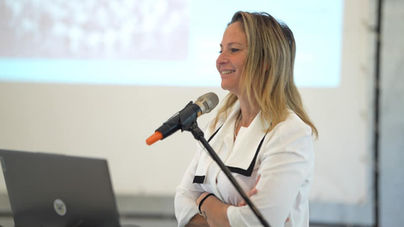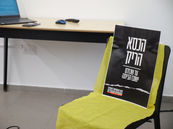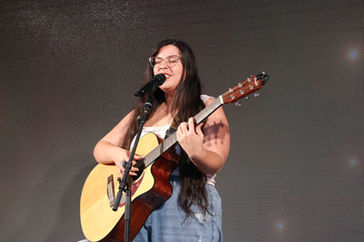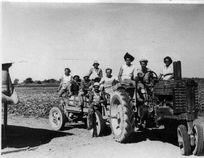
The Story of the
Kibbutzim
About the Project
On October 7th, Hamas launched a war in the Western Negev. They carried out a terrorist attack that included massacre, murder, kidnapping, and physical and sexual abuse of civilians and soldiers. The significant civilian impact was focused on the kibbutzim near the border with the Gaza Strip, many of which experienced devastating harm in every sense. For the first time since 1948, Kibbutzim were conquered, destroyed, and looted, and many of their members were murdered, injured, or taken as captives. This is a tragic and dramatic moment in which the kibbutz movement must rewrite its own story — a story that is partly already written and yet to be written and must be told. As part of the essential efforts to rehabilitate the communities and kibbutzim, there is a fundamental necessity to support the process with documentary, research, educational, cultural, community, and public work. Against this backdrop, the Western Negev project was launched. Yad Yaari and Yad Tabenkin are the documentation and research institutions of the kibbutz movement, operating for decades to preserve the kibbutz story. Their main mission since October 7th is to document and highlight this dramatic moment in the movement's history, through clarification, renewal, and validation of the updated kibbutz identity. The Western Negev and Galilee project is based on the premise that history did not begin on October 7, 2023. The kibbutzim of the Western Negev and Galilee represent a flourishing lifetime endeavor of cooperative communities, agriculture and industry, education and culture, full lives built on a sense of mission, despite numerous difficulties and obstacles. As part of the project, we seek to tell a story of past, present, and future: making historical archival materials accessible; documenting the events of October 7th; conducting research on the Western Negev and Galilee; cooperating with additional documenting initiatives; comprehensive public activities; and above all, giving a voice to those individuals and communities in the long journey of rehabilitation after the trauma they experienced.

Kibbutz Talks
After October 7th, we held conversations in the kibbutzim of the Western Negev that were affected - with veterans, youths, and intergenerational discussions - to provide space for the feelings, thoughts, doubts, and challenges that the community and its members are facing.
The Journey Back Home
Kibbutz Youth
A Displaced Community
Both Sides of the Fence

Research
One of the important efforts for developing updated and historical knowledge is promoting research on the kibbutzim in the Western Negev.
The project supports and collaborates on a variety of studies that examine the kibbutz story through different disciplines and from a broad perspective, in order to highlight both the local narrative and the broader story that intertwine with each other. As part of this, we established a research group, addressing methodological and practical issues. Over the past year, books and studies — both academic and those aimed at the general public — have been published, highlighting the new reality of the kibbutzim since October 7th.
Public Events
As part of the project, various events are organized featuring individuals from the Western Negev and the Galilee, including symposiums, conferences, exhibitions, ceremonies, and more.
From our Archive
Decades of pioneering in the Western Negev are documented in the archives of Yad Tabenkin and Yad Yaari, using diverse source materials.
We make available a limited selection of photographs from the existing archival collections.



































































